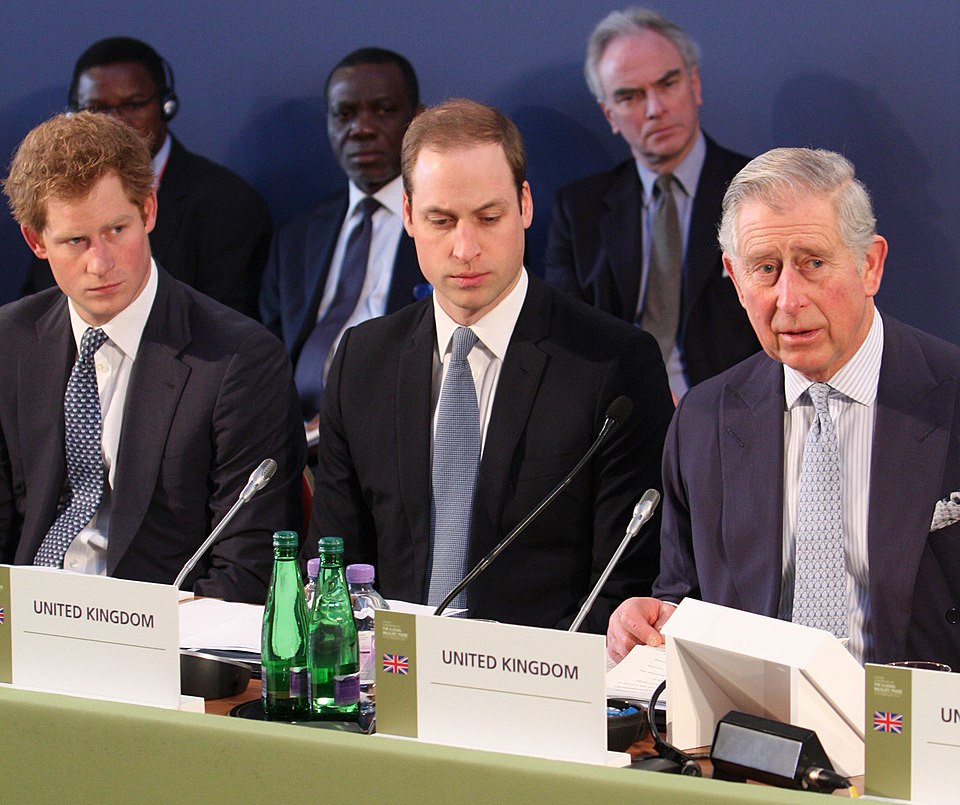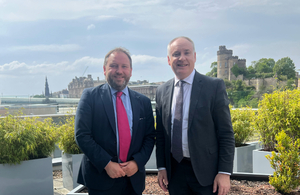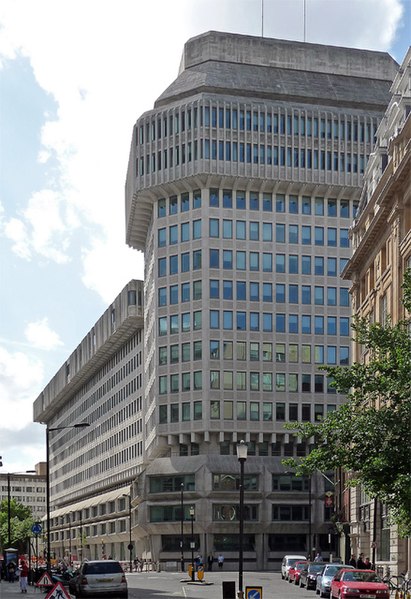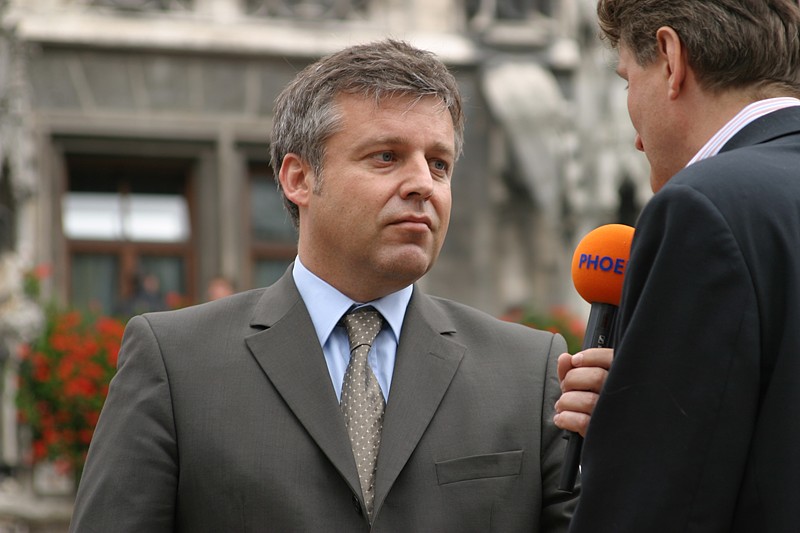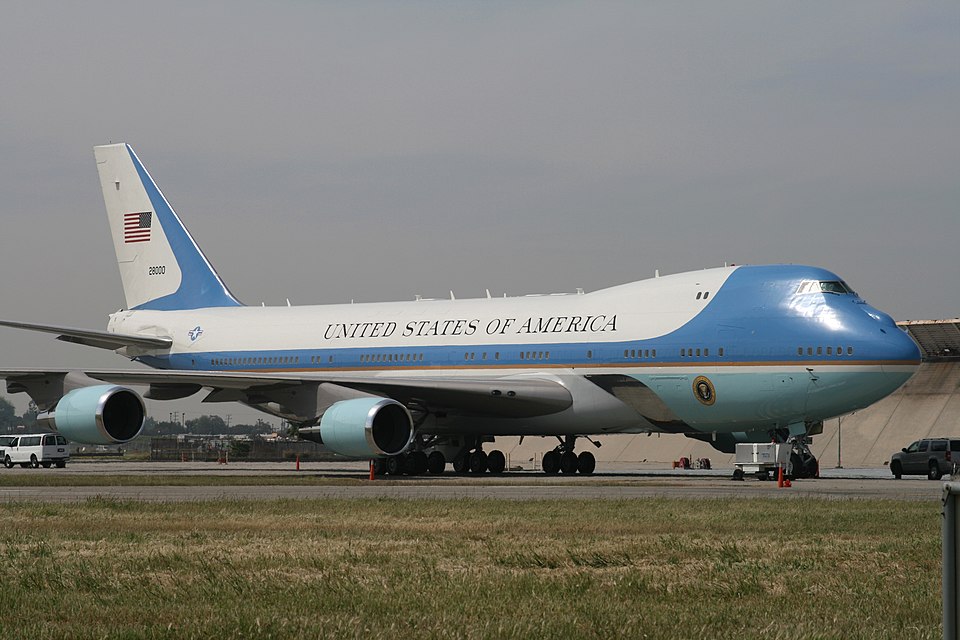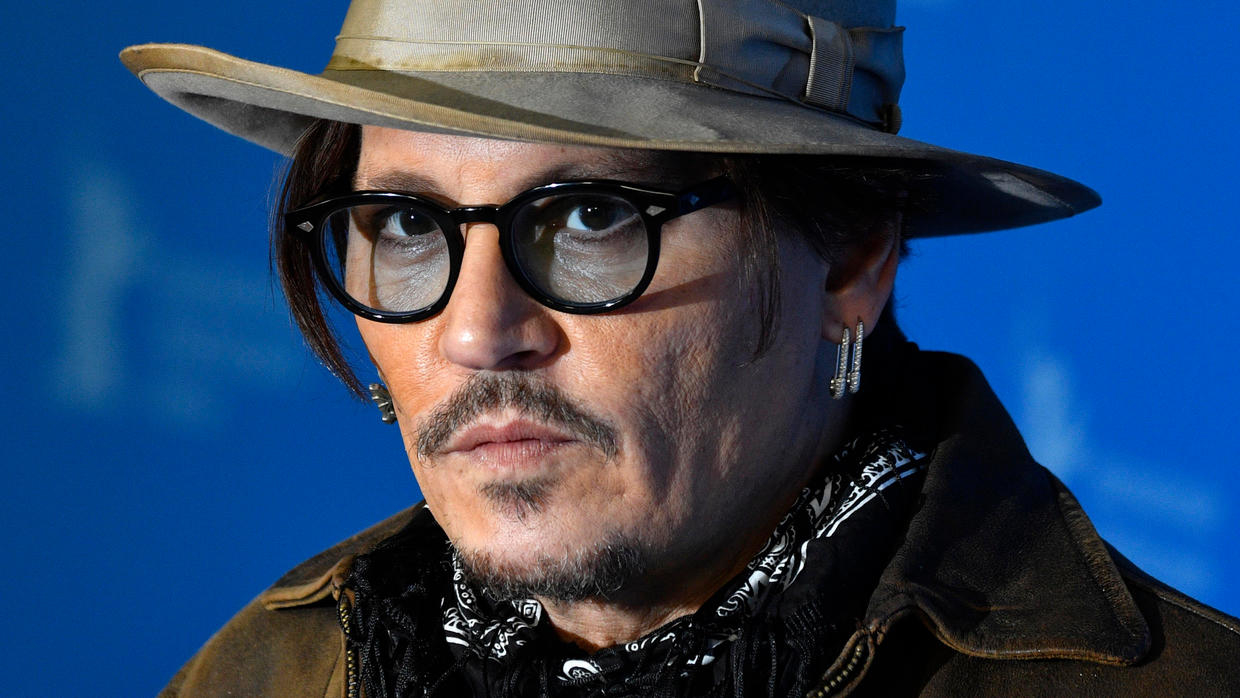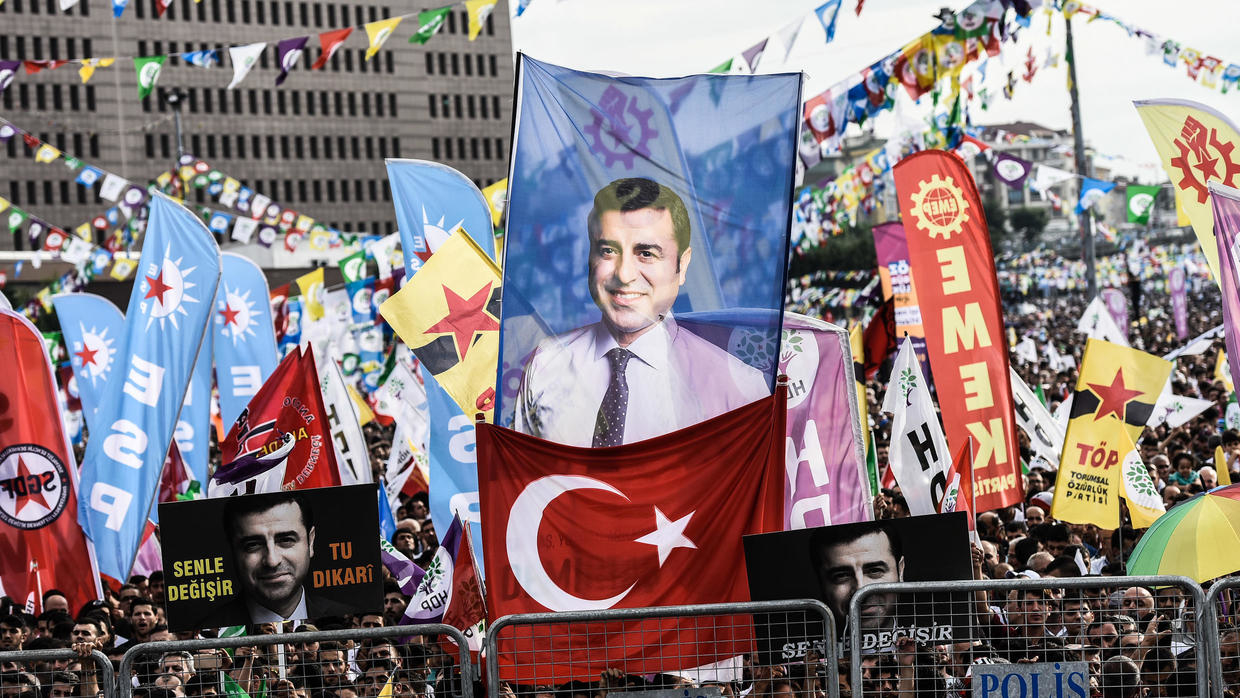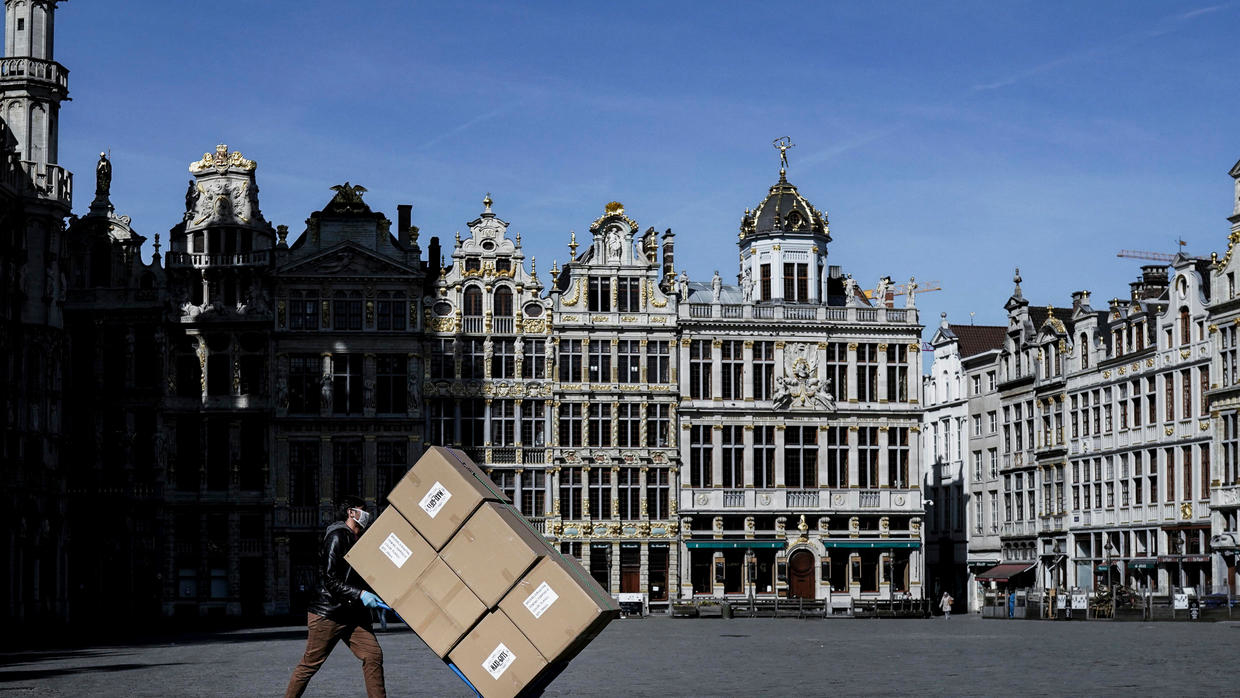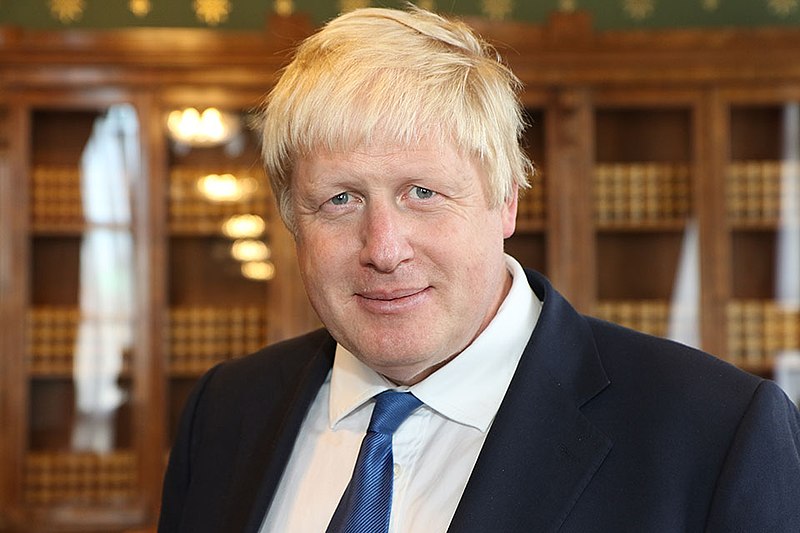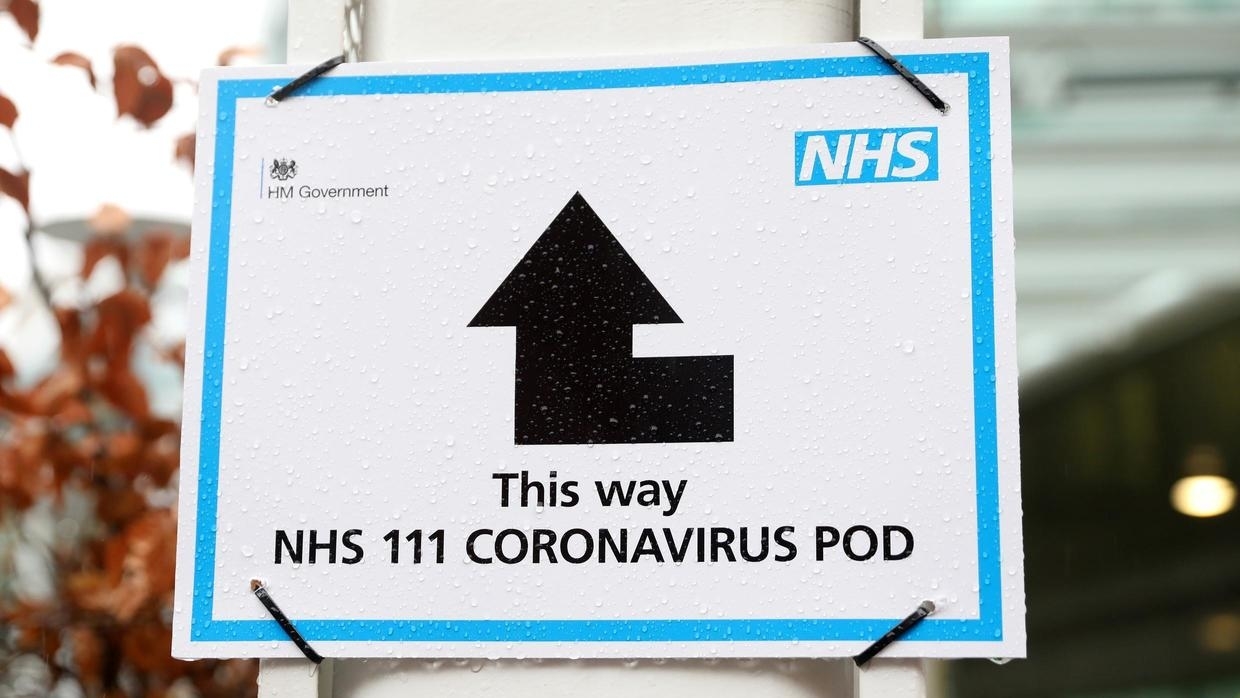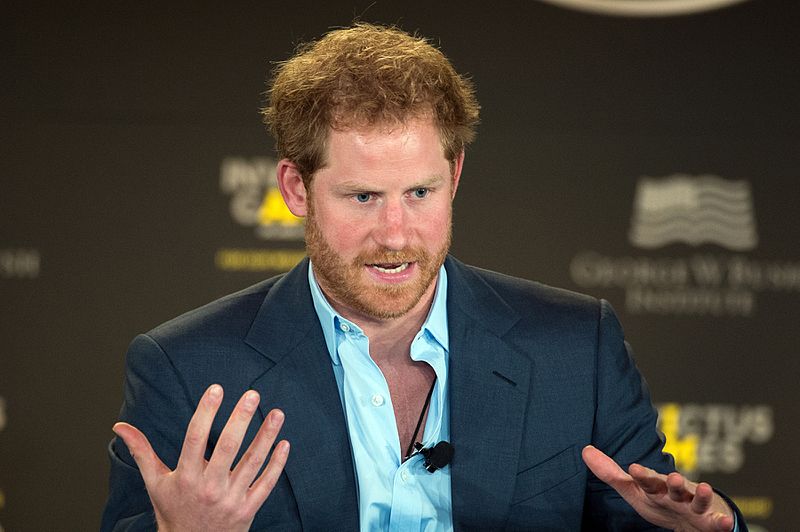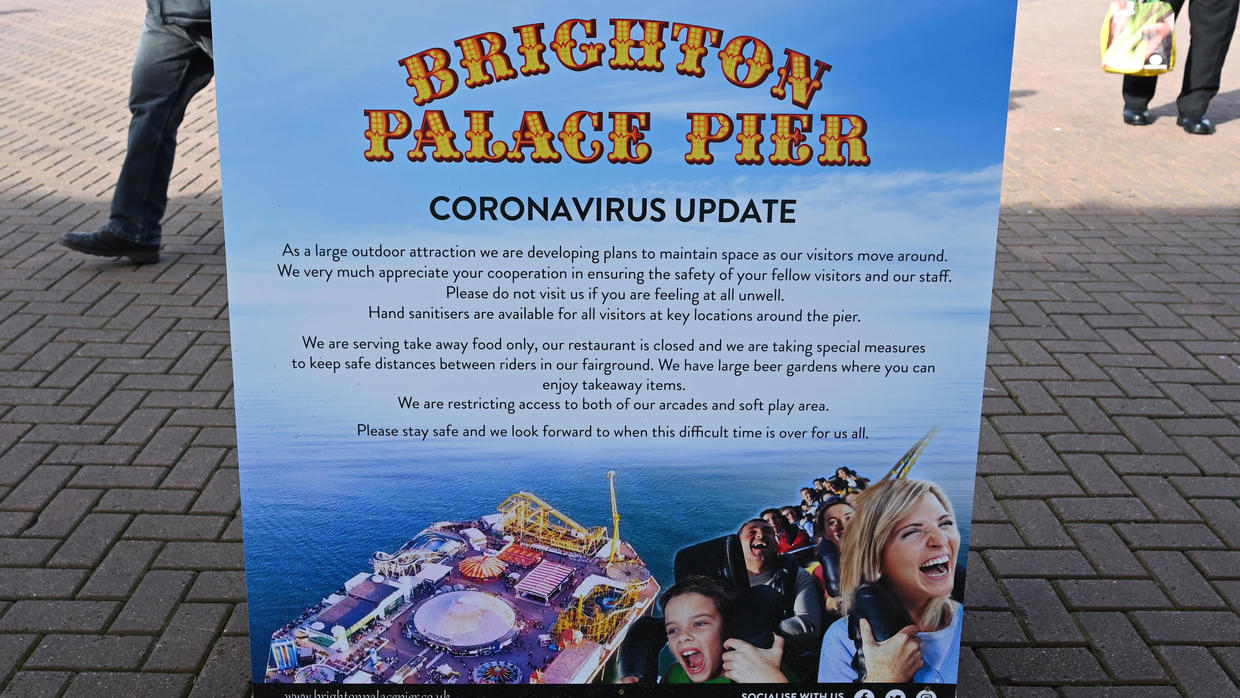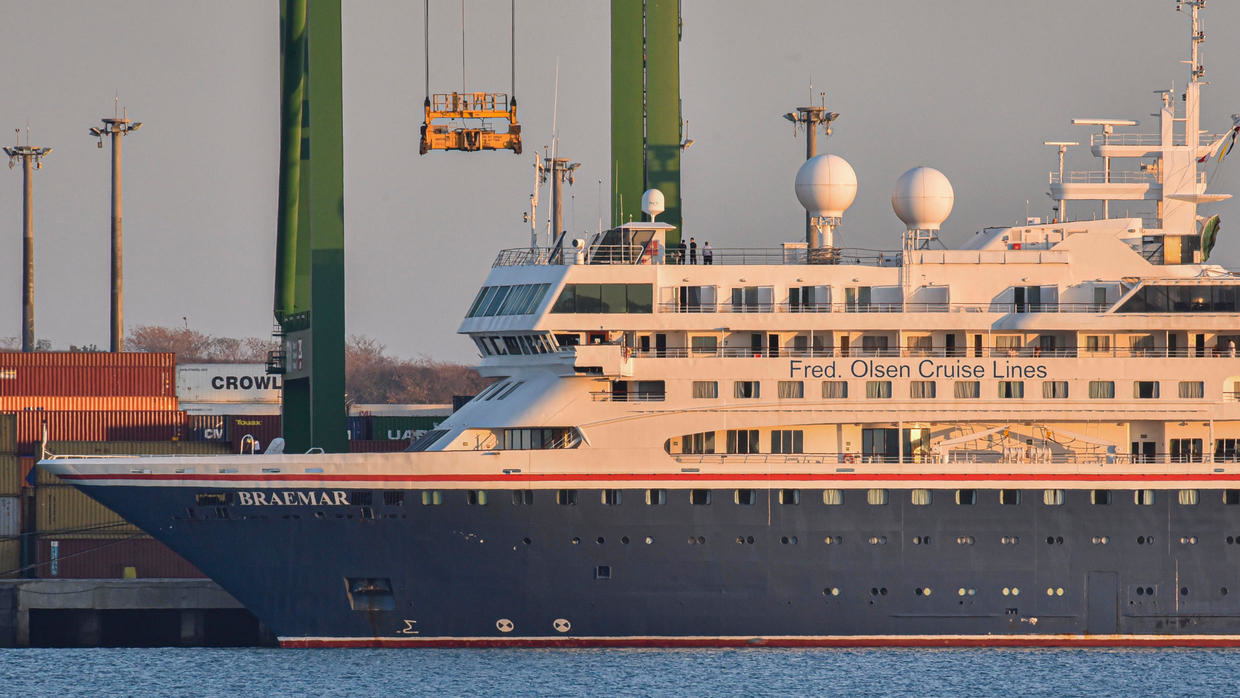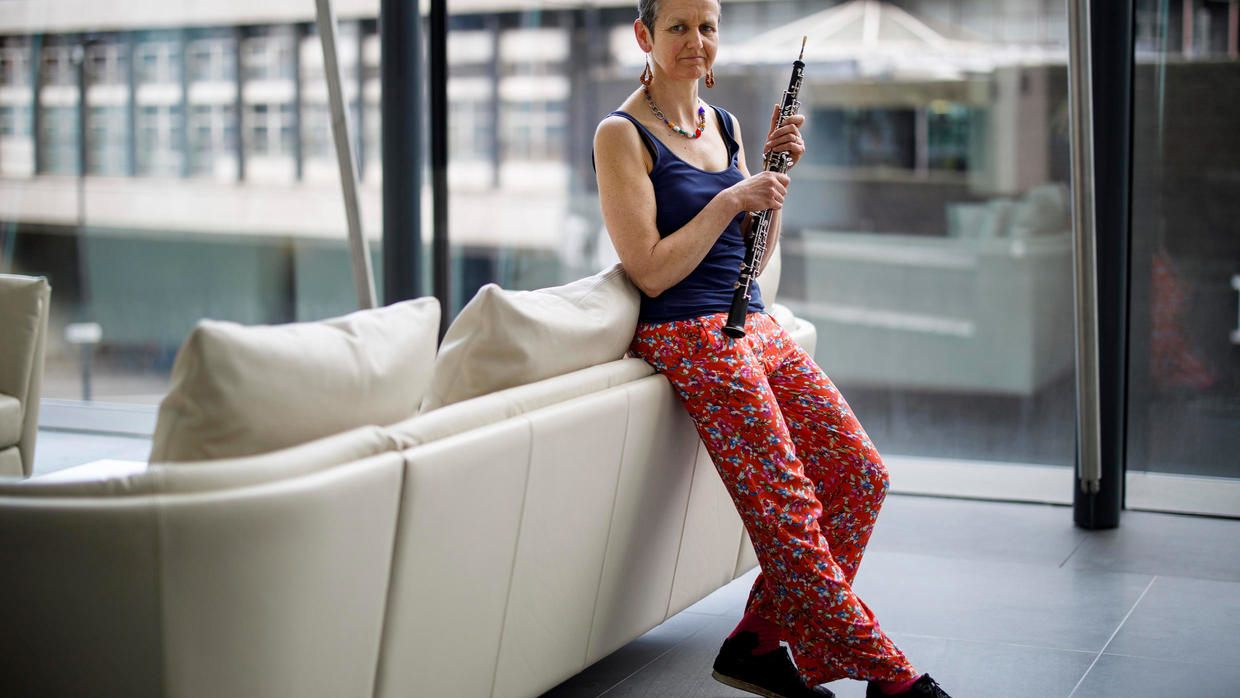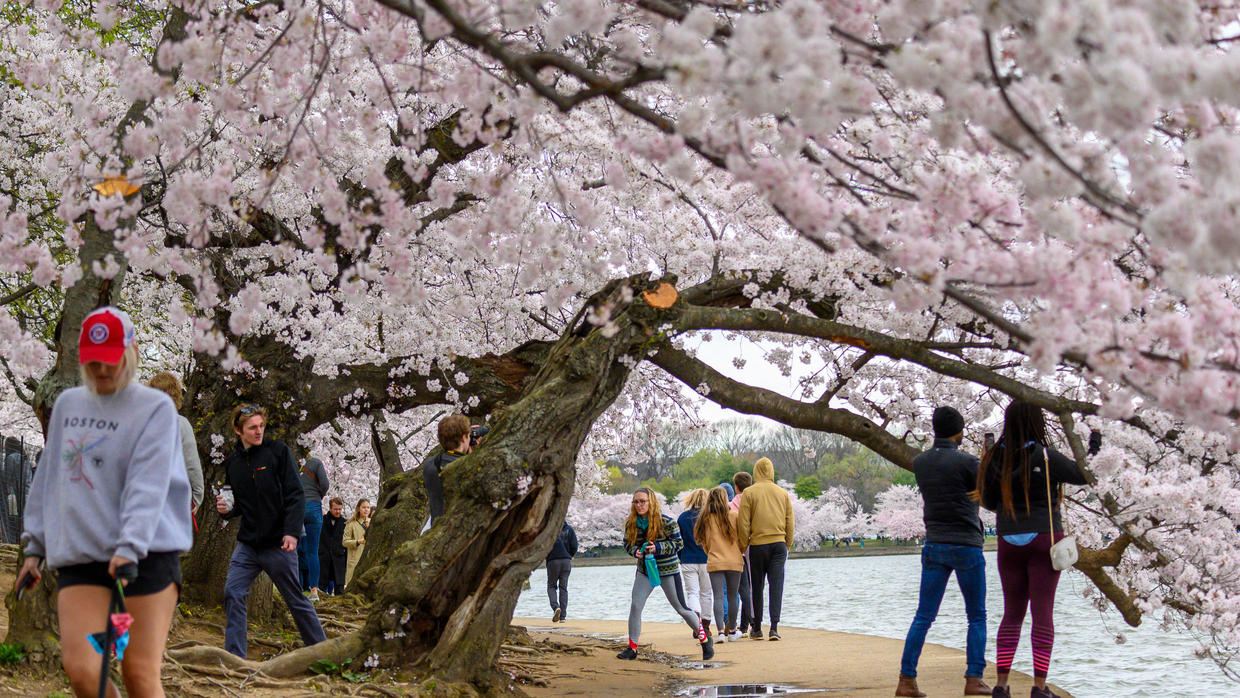
The Duchess of Edinburgh recently concluded a significant visit to Chad from Saturday to Monday, following an official trip to Malta with her husband. Her visit to Chad, at the request of the
Foreign, Commonwealth and Development Office, aimed to spotlight the devastating impact of the Sudanese conflict, particularly on women and girls, and to raise awareness of the escalating humanitarian crisis affecting both Chad and its neighboring regions, as per a statement from Buckingham Palace.
Sophie has long been a dedicated advocate in this area, with her work supporting the UK’s Preventing Sexual Violence in Conflict Initiative and her role as a global champion for the Women, Peace, and Security Agenda.
During her visit, Sophie traveled to Adré, a town located just 400 meters from the Sudanese border, as well as to the capital city, N’Djamena. In Adré, she visited the border registration point, where she engaged with workers from UNICEF, UNHCR, the Chadian Red Cross, Médecins Sans Frontières, and the National Commission for the Reception and Reintegration of Refugees and Returnees. These organizations shared their experiences helping approximately 400 refugees who cross the border daily to escape the ongoing conflict in Sudan.
Since the crisis erupted in Sudan in April, over 820,000 refugees have sought shelter in Chad, with around 87% of them being women and girls enduring dire conditions.
Accompanied by The Telegraph during her trip, Sophie shared her observations in an interview. “Our attention is being led by other conflicts, and that’s understandable,” she noted. “But this is a human catastrophe that is vast, and Chad is having to pick up the pieces when it can ill afford to do so.”
Sophie also revealed some of the harrowing stories she heard from refugees, many of whom had experienced sexual violence. She explained, “I daren’t even describe to you what they’ve been doing to children. People are having to exchange food and water for sex—for rape. That is violence enacted through conflict; it is being used as a bargaining tool.” She added that the atrocities described to her were comparable to the horrors witnessed during the Rwandan genocide.
The Duchess also met with the Strategic Initiative for Women in the Horn of Africa, the Network, and Darfur Women Action Group to learn about the grassroots initiatives that support survivors of conflict-related violence.
Her tour continued with a visit to Adré District Hospital, where she explored the Integrated Multisectoral Services Centre. This facility provides comprehensive support to survivors of conflict-related and gender-based violence. Sophie engaged with hospital staff and service providers to better understand how the Centre serves the local community.
UNICEF Chad shared a social media post about Sophie’s visit, stating, “We were honoured to welcome Her Royal Highness, The Duchess of Edinburgh, to Adré in eastern Chad, on the border with Sudan. The Duchess was deeply moved by the testimonies of refugee women on the violence, including sexual violence, they suffered and thanked @UNICEF for its work.”
Before leaving Adré, Sophie visited mobile protection units operated by Plan International and the United Kingdom. These units provide crucial support and services to newly arrived refugees crossing the Sudanese border.
In N’Djamena, the Duchess met with key officials, including Prime Minister Allamaye Halina, Foreign Minister Abderaman Koulamallah, and the Minister for Women, Protection of Early Childhood and National Solidarity, Amina Priscille Longoh. She also engaged with various organizations, including UN agencies, civil society groups, and women-led organizations, to discuss their efforts in empowering women and girls in Chad. Photo by Frankie Fouganthin, Wikimedia commons.



